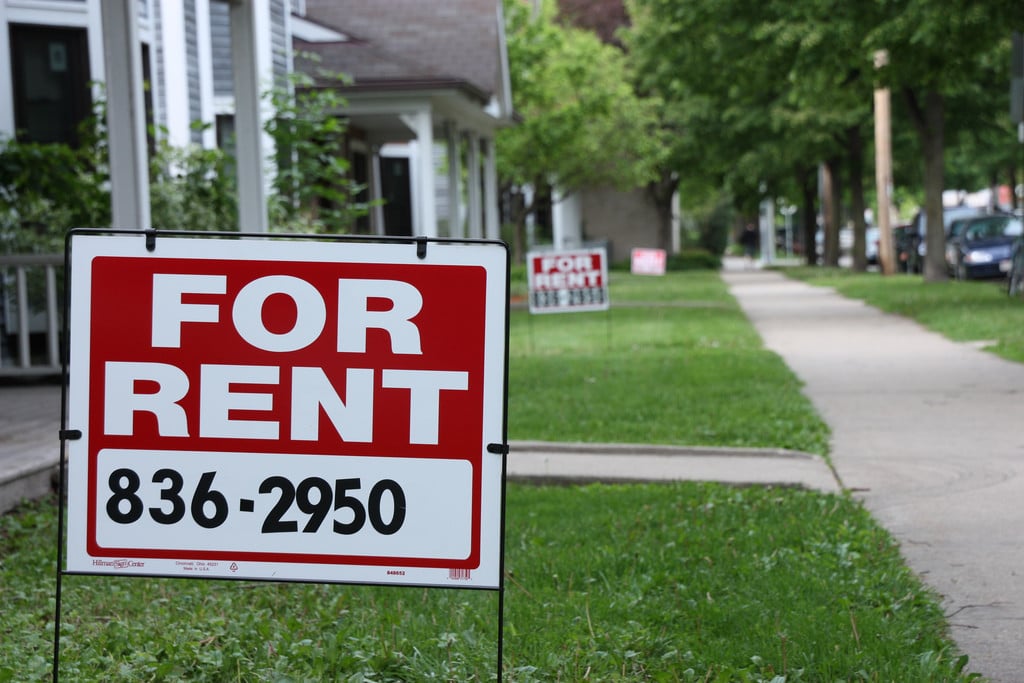Ask Brian is a weekly column by Real Estate Expert Brian Kline. If you have questions on real estate investing, DIY, home buying/selling, or other housing inquiries please email your questions to [email protected].

Question from Leon of Northern, CA: Hi Brian. We enjoy reading your articles. My wife and I own rental houses in Northern California. Occasionally we get word from a neighbor that additional people are living in the houses. Our rental agreements prohibit sublets and state that if there is a sublet the rent shall be paid to us the property owners. We think that the primary tenants may be renting out rooms but our question is how we can verify additional occupants/sublets and how we can stop it.
Answer: Hi Leon. Your question is unique but I’m sure you’re not the only landlord facing this problem. I’m glad you asked it. To start with, there are state and local regulations that possibly affect your rights as a landlord. Generally, locations with rent control and strong tenant rights make this more difficult for landlords. In fact, there are a few regulations allowing tenants to sublease in some situations without landlord approval. But these tend to apply to owners with large holdings in a relatively few markets. For almost all landlords, there are steps you can take to reduce your exposure to unapproved tenants.
The best place to start is when the original lease is signed. First, be sure to collect full identification for every person that will be living at the residence. Collect complete information regardless if the person will be responsible for paying the rent or not. You have the right to know who is living at your property. At a minimum, this should be copies of driver licenses or I.D. for anyone over the age of 18. You can probably also require employment and reference information as well as do background checks. For anyone under age 18, you should have full names and relationships to the renter. Require everyone older than 18 to sign the lease. There are also other steps you can take…
You can almost certainly require that you personally meet anyone that will be living there before approving them. Leon, your note mentions that your agreements prohibit subleases but then directs other tenants to make payments directly to you. You should talk to a real estate attorney but there might be a better approach. Your lease subtly implies that you do allow subletting by directing sublease payments to you. You’ll need the legalese but you might want to change the language to strictly only allow subleasing with your direct approval after an application is submitted and approved. You should require an application for anyone moving there regardless if he or she is responsible for paying rent. This includes roommate arrangements when one roommate moves out and before another one moves in.
There are a more things you can do at the time of the original lease signing. First of all, courts/laws generally assume the landlord is more sophisticated about leases than tenants/consumers. It falls to you to make sure they understand what they are legally agreeing to. Many tenants don’t even realize they are incurring legal responsibilities (especially young renters). A good way for you to accomplish this is by reading the lease to them out loud. You can ask if they have questions about key clauses (subletting). You also want them to initial key clauses. But take this even further…
Have a set of rules to be signed with the lease. One of the rules should be explicit about guests. Key things to include are:
Again, have every adult approved to live there sign a copy of the rules and be sure you give them a copy of the signed rules.
If you do allow someone to sublet, be sure the lease states all tenants are “jointly and severally liable.” This means that each one of the tenants is liable for the actions of other tenants. That gives you recourse against each individual for the full rent, damages, the full length of the lease, etc. Don’t accept a “roommate agreement” between co-tenants. Courts won’t uphold an agreement specifying who has to do the dishes and who owns which shelf in the fridge. However, some courts will uphold well-written roommate clauses about who pays how much rent and for damages. Still, you’re much better off having the “jointly and severally liable” clause in your lease. Make this apply to all adults over age 18.
If you do find a sublet tenant that you didn’t approve, there are a few things you can do. First, don’t accept rent payment directly from an unauthorized tenant. That can legally imply you have approved. You can also gather some evidence to bring to the attention of your approved tenant. You can simply ask neighbors if someone new seems to be living there. Don’t violate your tenant’s right to privacy but landlords can usually provide a few days notice to enter the residence to do repairs or even to inspect it. Take the opportunity to look around for signs another person has moved in. You can also be observant if a vehicle that isn’t registered to be there seems to be parked there a lot.
Use this information to start a conversation with the approved tenant that you have noticed a few things that might not be allowed by the lease. You probably don’t want to be aggressive when you first start the conversation but ultimately the evidence and a record of your conversations with the tenant could be used in court for an eviction based on not complying with the lease.
Finally, I’m sure I’ve missed other possible ways of dealing with unapproved tenants. This is a good opportunity for other readers to share their comments, thoughts, results, and experiences.
Our weekly Ask Brian column welcomes questions from readers of all experience levels with residential real estate. Please email your questions or inquiries to [email protected].